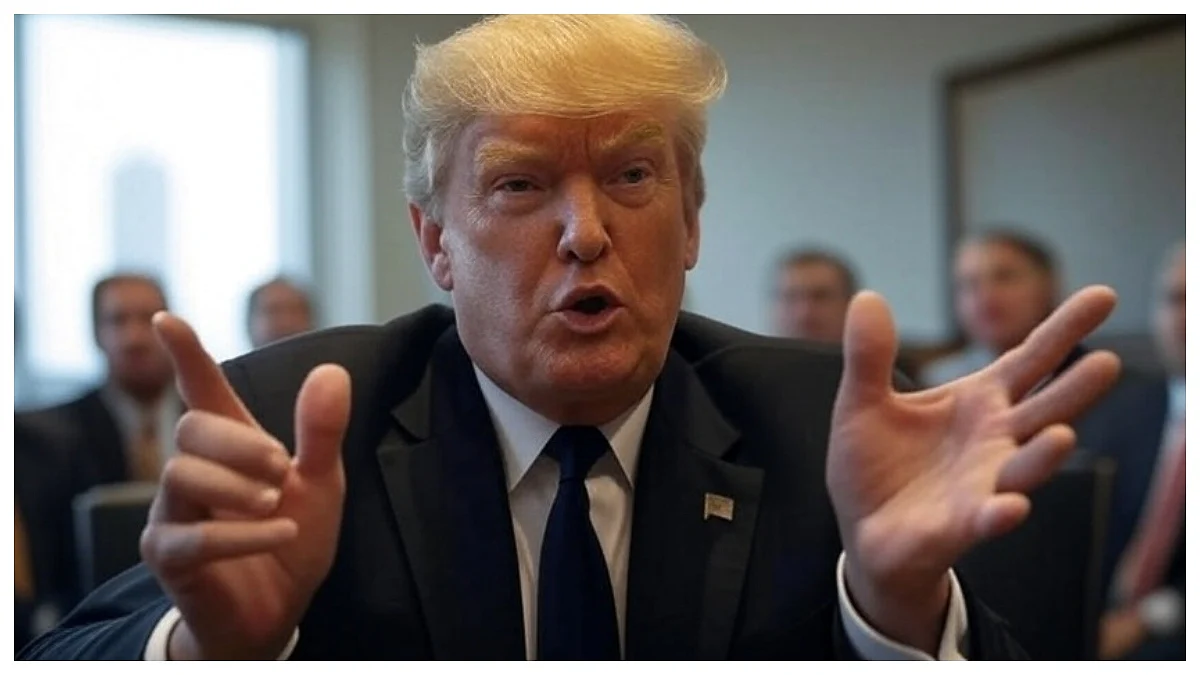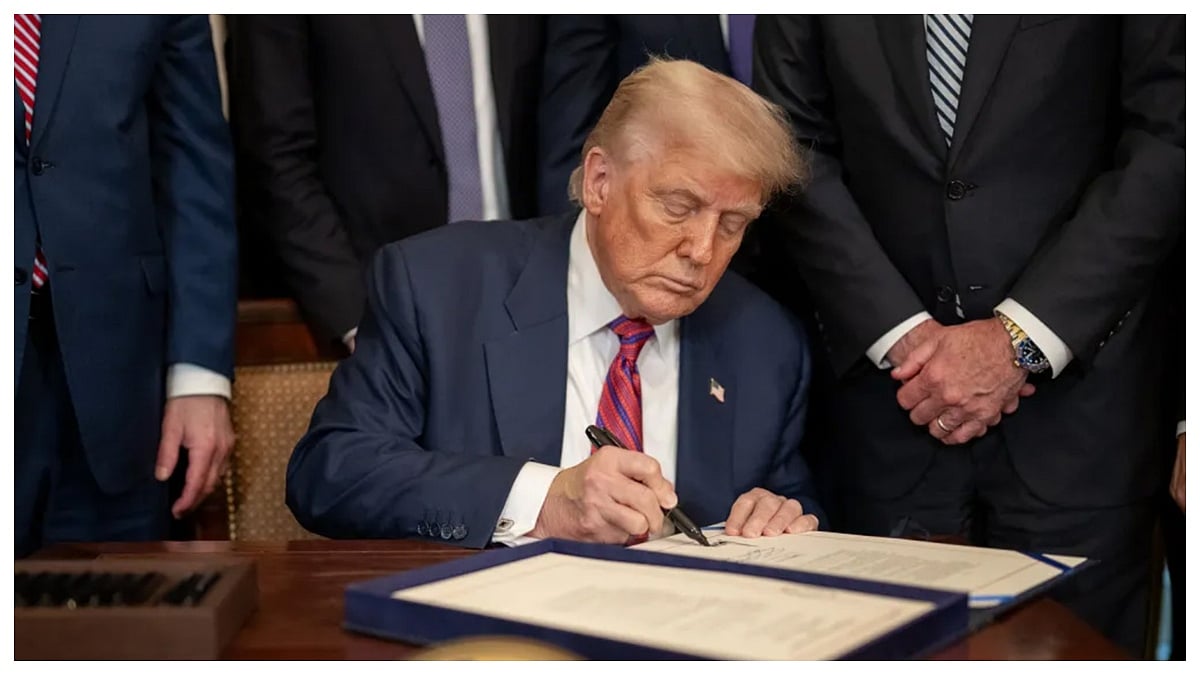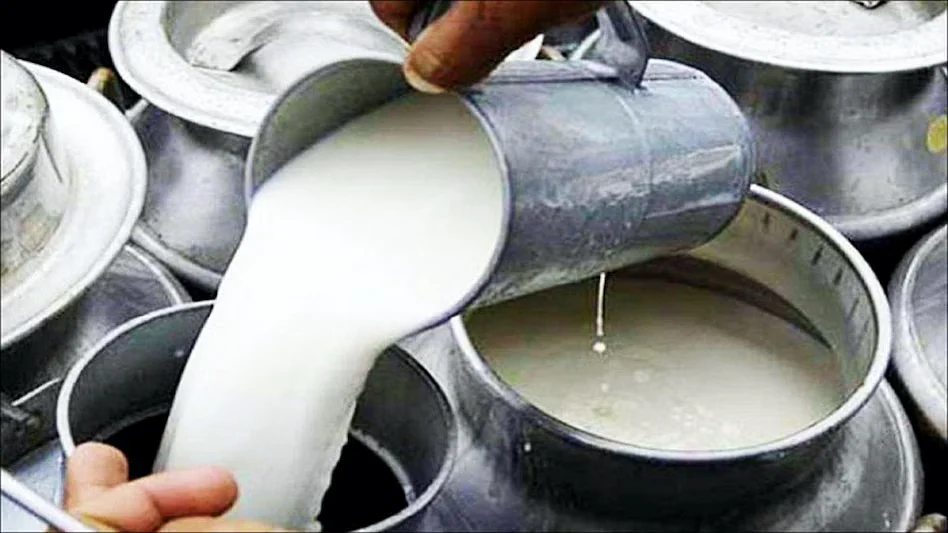Mumbai: Goldman Sachs CEO David Solomon has warned that the U.S. economy is slowing down. He pointed out that job data is weakening and inflation is staying high. Solomon believes that President Donald Trump’s tariff policy and trade war are hurting economic growth.
Labor Data and Inflation Are Worrying
In August, wholesale inflation fell unexpectedly, but prices still remain high overall.
Solomon said, 'There’s still a lot of uncertainty in trade policy, and it’s clearly affecting economic growth.'
JPMorgan CEO Jamie Dimon also recently said that the U.S. economy is getting weaker, pointing to new labor market data revisions.
Jobs Data Shows Real Slowdown
According to the U.S. Labor Department, previous job data will be revised downward by 911,000 jobs. This means the actual average job growth per month will now be almost half of what was reported earlier.
Trump Pressures the Fed for Rate Cuts
President Trump has used this weak job data to put pressure on the Federal Reserve to cut interest rates. He posted on social media saying, 'The Fed’s incompetence is more dangerous than its independence.'
Goldman Sachs Supports Central Bank Independence
Solomon defended the central bank, saying people should appreciate the value of Federal Reserve independence. He added that the current interest rates are not so high that an immediate rate cut is needed. But he also warned that market investors are showing too much excitement, which can be risky.
Impact on India and Global Markets
A weak U.S. economy and ongoing trade war could affect global markets, including India.
- Indian IT, textile, and manufacturing sectors may face reduced demand from the U.S.
- Changes in Federal Reserve policy and the dollar index could affect the Indian Rupee and foreign investment
- If the Fed cuts rates, Indian stock markets might see short-term gains













